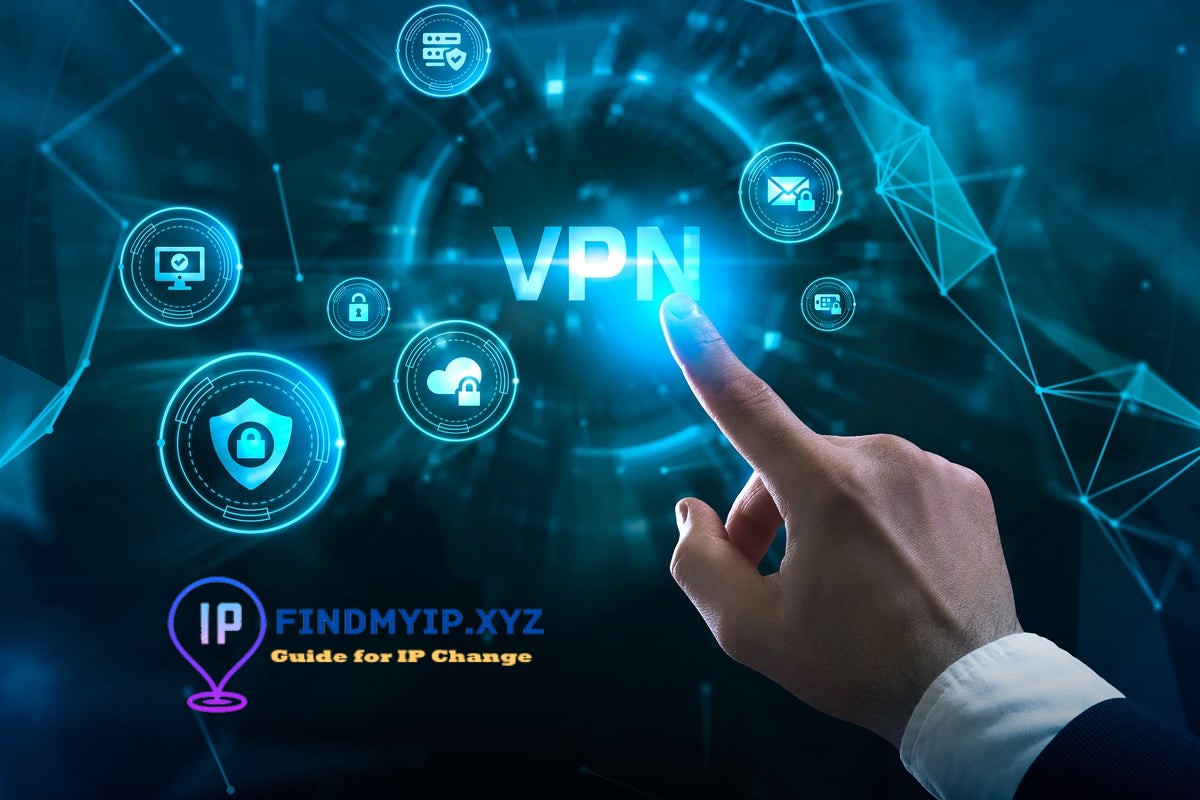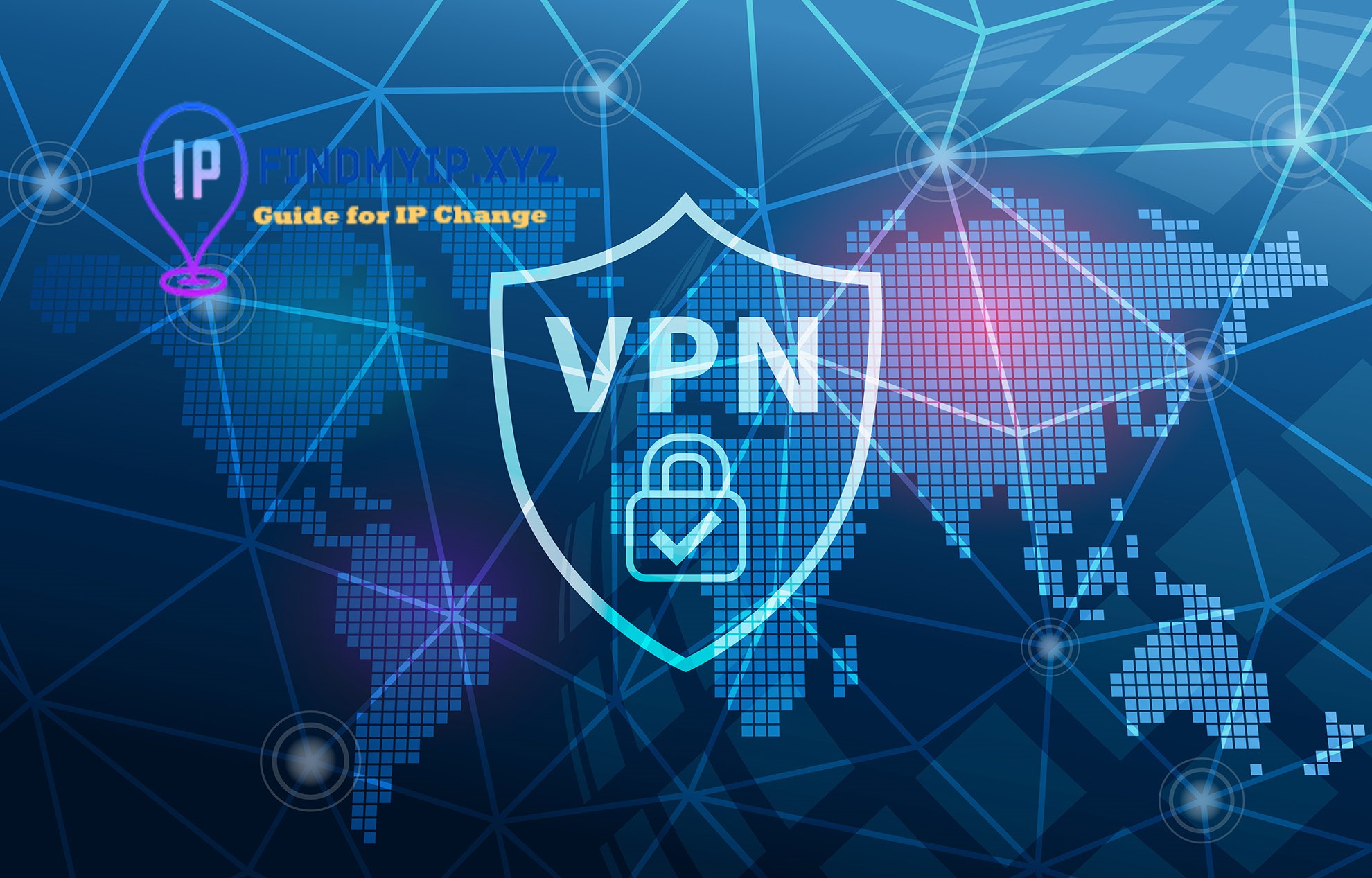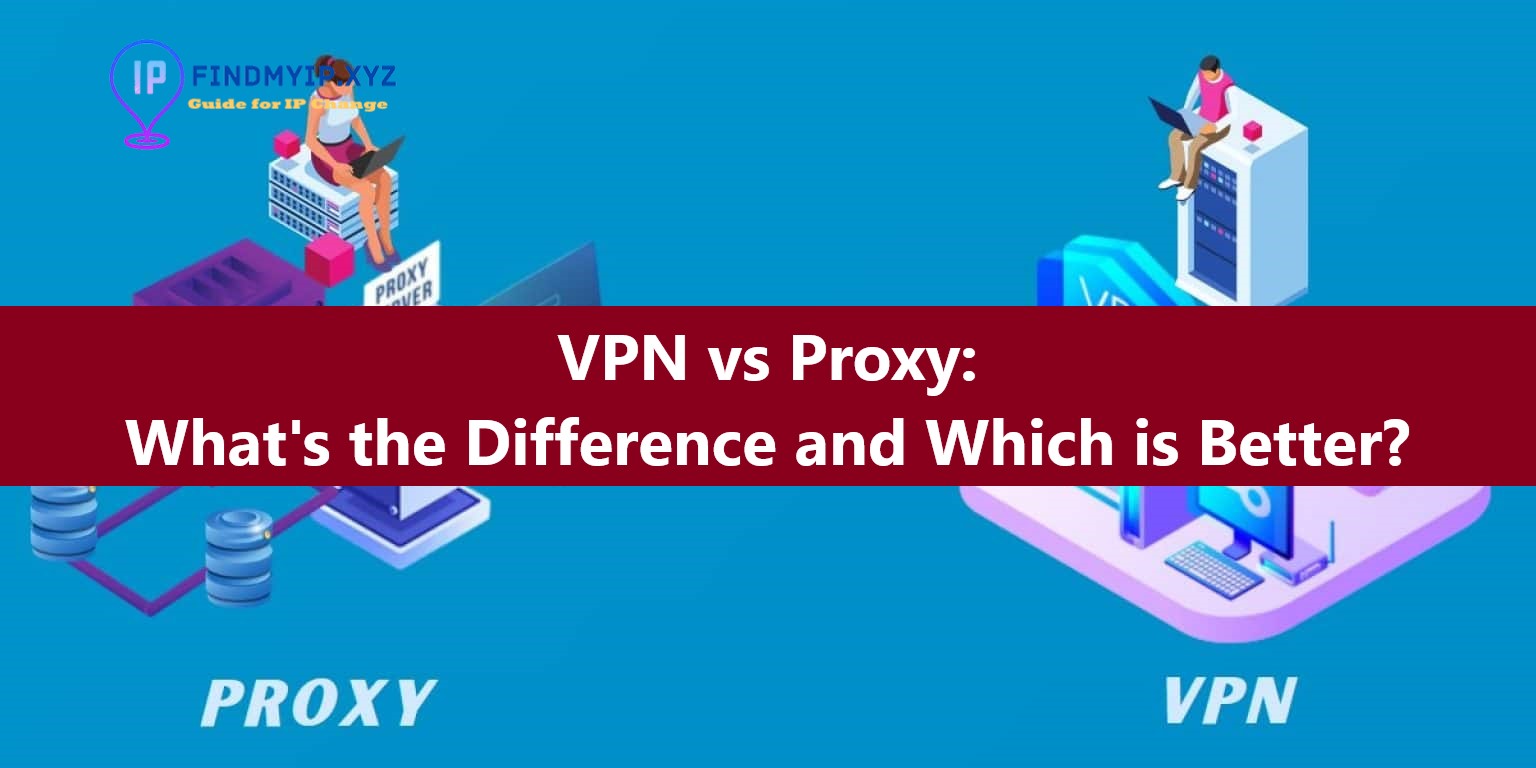VPNs and proxies are both tools that can help protect your online privacy and security. Both work by hiding your IP address and encrypting your online traffic, but they do so in different ways. In this article, we will explore the differences between VPNs and proxies and help you decide which one is right for you.
What is a VPN?

A Virtual Private Network (VPN) is a tool that creates a secure, encrypted connection between your device and the internet. When you connect to a VPN server, all of your internet traffic is routed through that server, which changes your IP address and encrypts your traffic. This makes it difficult for anyone to track your online activity or intercept your data.
What is a Proxy?

A proxy server is a server that acts as an intermediary between your device and the internet. When you connect to a proxy server, your internet traffic is routed through that server, which changes your IP address but does not encrypt your traffic. Proxy servers can be used for a variety of purposes, including accessing restricted content and hiding your IP address.
Key Differences between VPNs and Proxies
Traffic Routing
The main difference between VPNs and proxies is the way they route your internet traffic. VPNs will reroute all of your internet traffic through the VPN server, including traffic from your applications and operating system. On the other hand, proxy servers only reroute application traffic, such as your web browser or email client.
Security
Another key difference between VPNs and proxies is their level of security. VPNs offer a higher level of security because they encrypt all of your internet traffic. This means that your online activity is protected from prying eyes, even on unsecured networks. Proxies, on the other hand, do not encrypt your traffic, which makes them less secure than VPNs.
Speed
Both VPNs and proxies can slow down your internet speed, depending on how many users are accessing the server. However, free proxy connections are generally slower and less reliable than VPNs because they have less support, configuration options, and slower infrastructure.
Cost
While there are free proxy servers available, they are often slower and less reliable than paid options. VPNs, on the other hand, often require a subscription or one-time payment. While VPNs may be more expensive, they offer a higher level of security and better performance than most free proxies.
Pros and Cons of Using a VPN

Pros of Using a VPN
- Enhanced Security: By using a VPN, your online traffic is encrypted, which makes it almost impossible for cybercriminals to intercept your data. This means that your personal information, such as passwords, credit card details, and browsing history, will be kept safe and secure.
- Access to Restricted Content: VPNs can help you bypass geo-restrictions and censorship, allowing you to access content that might otherwise be blocked in your country. For example, if you’re traveling abroad and want to access your favorite TV show on a streaming service, a VPN can help you do so.
- Anonymity: VPNs allow you to browse the internet anonymously, making it difficult for websites and advertisers to track your online activities. This can help protect your privacy and prevent targeted advertising.
- Wi-Fi Security: When you connect to public Wi-Fi networks, such as those in cafes or airports, you run the risk of exposing your data to hackers. However, by using a VPN, you can encrypt your data and protect yourself from such threats.
Cons of Using a VPN
- Slower Internet Speeds: Because your internet traffic is routed through a remote server, using a VPN can sometimes result in slower internet speeds. This is particularly true if you connect to a server that is located far away from your location.
- Cost: VPNs can be costly, especially if you want to access advanced features or a wider range of servers. While there are some free VPNs available, these often come with limitations, such as data caps or slower speeds.
- Compatibility Issues: Some VPNs may not be compatible with certain devices or operating systems, which can limit their usefulness. For example, if you want to use a VPN on your smart TV, you may need to purchase a specific router or device.
- Trust Issues: When you use a VPN, you are essentially trusting the VPN provider with your online privacy and security. While most reputable VPN providers have strict privacy policies in place, there is always a risk that they could misuse or sell your data.
Pros and Cons of Using a Proxy
Pros of Using a Proxy
- Anonymity: Proxies can help you browse the internet anonymously, making it difficult for websites and advertisers to track your online activities. This can help protect your privacy and prevent targeted advertising.
- Access to Restricted Content: Proxies can help you bypass geo-restrictions and censorship, allowing you to access content that might otherwise be blocked in your country. For example, if you’re traveling abroad and want to access your favorite TV show on a streaming service, a proxy can help you do so.
- Enhanced Security: By using a proxy, your online traffic is routed through an intermediary server, which can add an additional layer of security to your internet connection. This can help protect you from cyber threats, such as hacking or surveillance.
- Improved Performance: In some cases, using a proxy can actually improve your internet speed, particularly if the proxy server is located closer to your physical location than the website you’re accessing.
Cons of Using a Proxy
- Unreliable Performance: Proxies can sometimes result in slower internet speeds, particularly if the proxy server is located far away from your physical location. Additionally, some proxies may be overloaded or have limited bandwidth, which can cause slow performance or even downtime.
- Trust Issues: When you use a proxy, you are essentially trusting the proxy provider with your online privacy and security. While most reputable proxy providers have strict privacy policies in place, there is always a risk that they could misuse or sell your data.
- Compatibility Issues: Some proxies may not be compatible with certain devices or operating systems, which can limit their usefulness. For example, if you want to use a proxy on your smartphone, you may need to download a specific app or configure your device settings.
- Legal Issues: In some countries, using a proxy to access restricted content or circumvent censorship is illegal. Before using a proxy, it’s important to research the laws in your country and ensure that you’re not breaking any regulations.
VPN vs Proxy: Which One Should You Choose?
Ultimately, the choice between a VPN and a proxy depends on your specific needs and preferences. If you’re looking for strong encryption, reliable performance, and a user-friendly experience, a VPN may be the better choice for you. On the other hand, if you’re looking for anonymity, access to restricted content, and an additional layer of security, a proxy may be the better option.
It’s important to note that neither VPNs nor proxies are foolproof solutions for online privacy and security. Both have their own vulnerabilities and limitations. For example, a VPN can still be vulnerable to DNS leaks, while a proxy may not be able to protect you from all types of cyber threats.
If you do choose to use a VPN or proxy, it’s important to choose a reputable provider that has a strong privacy policy and a good track record of protecting their users’ data. Additionally, it’s important to keep your software and devices up to date with the latest security patches and updates to minimize your risk of being hacked or compromised.

